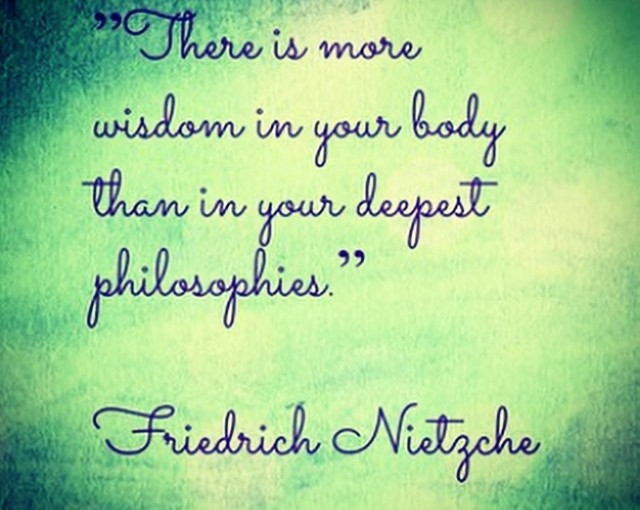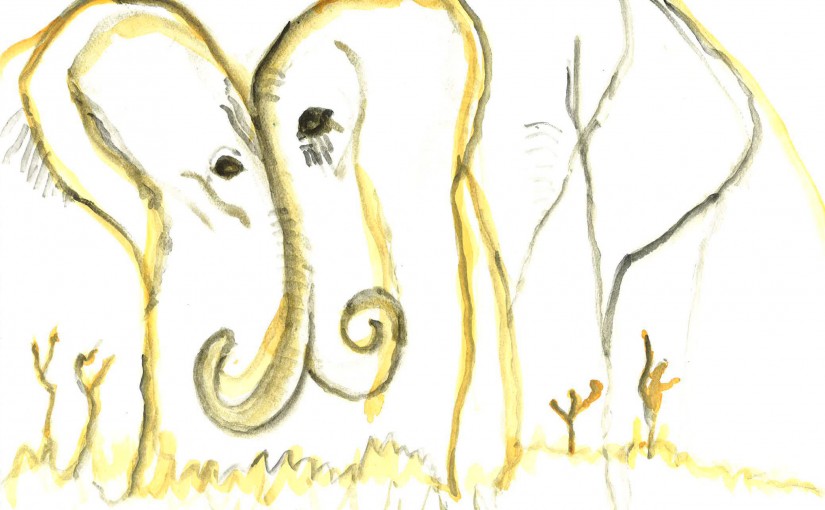Your cart is currently empty!
Category: living
-
reverence of approach
An apprenticeship with sorrow invites us to learn the rites of grief and to practice a reverence of approach, as Irish poet/philosopher John O’Donohue suggests. He writes, “What you encounter, recognize or discover depends to a large degree on the quality of your approach… When we approach with reverence, great things decide to approach us.”…
-
identify the mystery
Ronen just sent us this link to Paul‘s post from today. <3 finding myself more and more comfortable in this… this… trusting the mystery… this… more and more comfortable “I don’t know”… it’s even soothing sometimes!!! reconnects me with peace… this… trusting that I (higher self) is and will ALWAYS find (re/discovering) the way… this……
-

wisdom of our body – kinesiology exercise
I’ve encountered this exercise some years ago… don’t remember where. never tried it, so now, as it came my way again, I said I’d give it a try… here it is: The following is an easy and foolproof method to tap into the wisdom of your body. It is an ancient Korean teaching and is…
-

reinventing organizations
“there’s something broken with the way we run organizations today.” This is how Frederic Laloux starts this talk on Reinventing Organizations. these were the reasons I left organizations. too much control from the top management, plans with no meaningful purpose, managers not walking the talk etc, no inspiring or empowering leaders, people loosing…
-

cereale libere
Dragi prieteni ai Pamantului Liber, De ceva vreme facem painea noastra, acasa. Zilele acestea am pornit si maia-ua noastra proprie… In curand vom cumpara si o moara de facut faina, ca sa stim si ce punem in paine. Va fi o moara mica, nu industriala. Pasul urmator este sa gasim cerealele din care sa facem…
-

“Why are you taking this course?”
On 8th of March I enrolled in the “Space Between Stories” online “course” with Charles Eisenstein, his invites and people around the world. In enrollment, he was asking us to answer the “Why are you taking this course?“question from four perspectives. Here are my answers for today… 1. Answer as if speaking to an acquaintance…
-
Fernando: 60 things I learned by living in Romania
Fernando (Brazilian) arrived in Romania by bike from Lithuania, on 1st of September 2013. I met Fernando shortly in a BoA meeting of AIESEC Tg. Mures. His eyes were shimmering gates to his shining-colorful soul, even if he covers that with some fancy-trendy-fashionable-professional-like eye-glasses. Below is his today post on Facebook – what I was…
